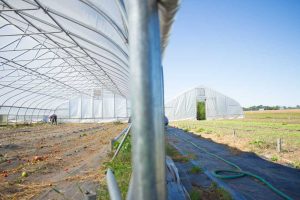 The farmers who extend their seasons, either into late fall, or even through the winter, have been preparing their starts and beds, and watching the weather forecasts as the threat of the first frost approaches.
The farmers who extend their seasons, either into late fall, or even through the winter, have been preparing their starts and beds, and watching the weather forecasts as the threat of the first frost approaches.
This is also the time when The Land Connection ramps up its farmer training courses and workshops. And last week, we held the appropriately timed Season Extension workshop at several farms in Champaign county that was attended by people from all over the Midwest.
The first day of the workshop was held at Prairie Fruits Farm & Creamery where students heard from experienced farmers and in a classroom setting, and learned about food preservation as a method of season extension. Alisa DeMarco, the farm’s executive chef talked about how to can and pickle fruits and vegetables, and how that farm enterprise is regulated. To learn more about preserving your farm products you can watch that segment of our season extension video series on The Land Connection’s website.
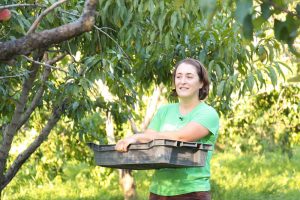
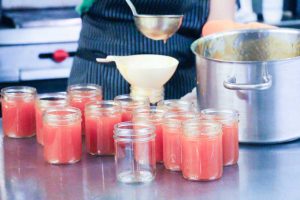
On the The second day of the workshop we took to the road and headed to a couple of farms in Urbana, Illinois. The first is a farm is home to several innovative businesses, including Autumn Berry Inspired, a value added food operation that makes great products out of an invasive species. We were treated to a tour of the farm, its processing facility, and numerous outbuildings. Dustin Kelly, the founder of the business, explained the history of the Autumn Olive and of the development of the company’s products–and he even showed us how they make (and taste!) their popular fruit leather. To learn more about Autumn Berry Inspired, check out their Facebook page.
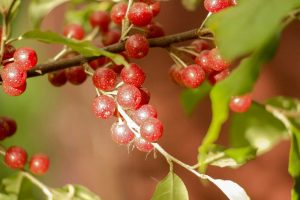
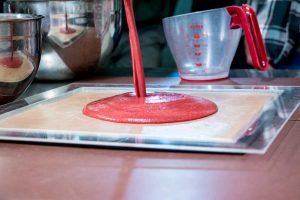
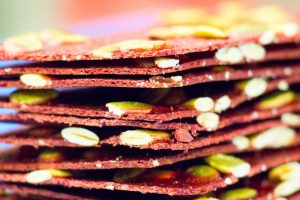
The next stop was at Blue Moon Farm. If you are from the Champaign-Urbana area, then there is no explanation necessary. If not, I’ll explain. Blue Moon is a local vegetable operation that provides fresh produce to the community year-round. Yes, year round. When we arrived at the farm we were greeted by Lorian Carsey, the hoop-house manager and winter farmer. Lorian led us on a tour through several of the high tunnels, the wash-pack facility, and the coolers. She spent most of an afternoon talking to us about cold-hardy crops, the pros and cons of single vs. double layers of plastic, whether or not to use heat, and why you might want to use mobile tunnels (or, why not…). To learn more about Blue Moon and winter farming, check out the video in our season extension series.
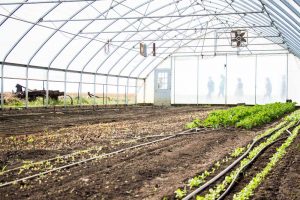
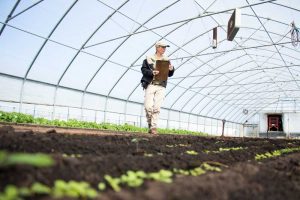
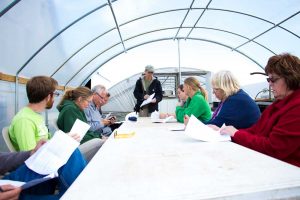
On the third, and final, day of the workshop we met at the Sustainable Student Farm at the University of Illinois. This was the work part of the workshop. Participants had the opportunity to get their hands dirty and find out what is actually involved in moving a mobile high tunnel. Matt Turino, the farm manager showed us the wash-pack facility that was designed by U of I architecture students, pointed out the variety of research projects that are taking place on the farm, and then talked to us about the farm’s relationship with the U of I dining services. After the pleasantries were over, the gloves came out, the bolts were removed, and the real work started!
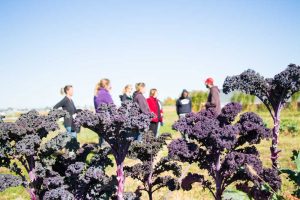
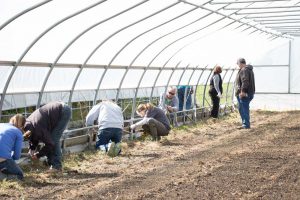
The workshop was the culmination of a year-long project that was funded by an Illinois Specialty Crop Block Grant. We also developed a detailed guide, written for farmers, on season extension, which can be accessed on our website, and a useful at-a-glance infographic.
Wherever you are in your season, enjoy the change, and know that you can eat locally year-round–even in the Midwest!


